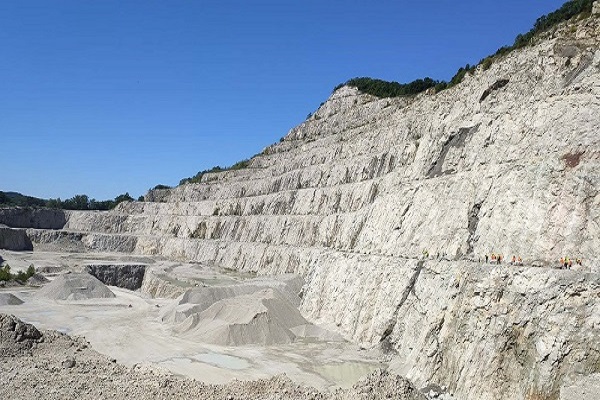1. Overview of contaminants in groundwater, evaluation of groundwater quality, organic, inorganic pollutants, bacteriological contamination of groundwater.
2. Transport of contaminants, basic concepts, transport processes, solution of transport equations.
3. General principles and methods of pollution survey, main types of survey methods and their use.
4. Groundwater sampling and monitoring systems, state, regional and local groundwater monitoring networks, methodology, databases, outputs.
5. Main types of contamination and their research, metal contamination, behavior of metals in groundwater and soil.
6. Transport of organic pollutants, hydraulics of NAPL´s propagation, distribution of organic substances between phases.
7. Contamination from landfills and septic systems, contamination from mining waste.
8. Basics of groundwater remediation and unsaturated zones, basic principles of remediation.
9. Optimization of “classical” methods of remediation of saturated and unsaturated zone by ex- and in-situ methods, new methods of active remediation of groundwater polluted with oil and ClU (biosparging, bioslurping, thermally supported venting and sparging, dehalogenation of ClU in situ, etc.).
10. Passive methods of remediation (barriers, phytoremediation).
11. Preventive protection of groundwater, general protection of water, protection of groundwater formation, protection of water against excessive use, protection zones of water resources.
12. Assessment and mapping of groundwater vulnerability.
13. Legislation in the protection of groundwater and surface water and modeling software in the field of environmental contamination.
2. Transport of contaminants, basic concepts, transport processes, solution of transport equations.
3. General principles and methods of pollution survey, main types of survey methods and their use.
4. Groundwater sampling and monitoring systems, state, regional and local groundwater monitoring networks, methodology, databases, outputs.
5. Main types of contamination and their research, metal contamination, behavior of metals in groundwater and soil.
6. Transport of organic pollutants, hydraulics of NAPL´s propagation, distribution of organic substances between phases.
7. Contamination from landfills and septic systems, contamination from mining waste.
8. Basics of groundwater remediation and unsaturated zones, basic principles of remediation.
9. Optimization of “classical” methods of remediation of saturated and unsaturated zone by ex- and in-situ methods, new methods of active remediation of groundwater polluted with oil and ClU (biosparging, bioslurping, thermally supported venting and sparging, dehalogenation of ClU in situ, etc.).
10. Passive methods of remediation (barriers, phytoremediation).
11. Preventive protection of groundwater, general protection of water, protection of groundwater formation, protection of water against excessive use, protection zones of water resources.
12. Assessment and mapping of groundwater vulnerability.
13. Legislation in the protection of groundwater and surface water and modeling software in the field of environmental contamination.
